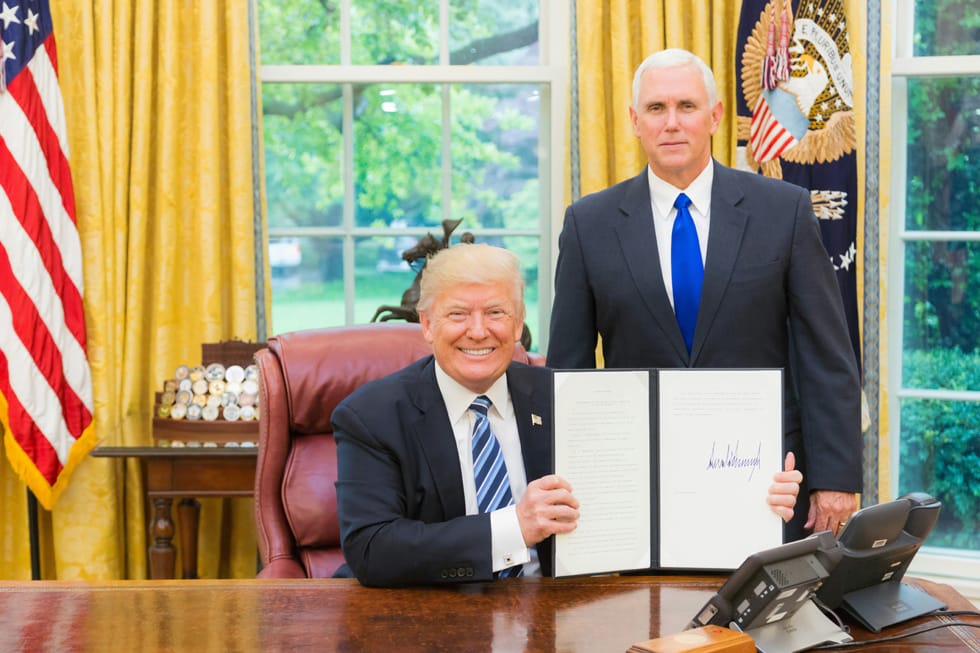In the past year I have had a few clients who have been contacted by HMRC due to not declaring interest on their savings and seem to have little knowledge that this was something they needed to do, so I thought it would be a good topic to write about.
Most banks and building societies now pay interest on savings accounts gross, meaning no tax is deducted at source. It is the saver’s responsibility to declare any interest earned above their allowance to HM Revenue & Customs (HMRC). If your total income including any interest received doesn’t exceed your Personal allowance (£12,570 for 2025/26) no tax is payable.
In 2016 the Government introduced the Personal Savings allowance. This allowance means that most people can earn a certain amount of interest on their savings each tax year without paying tax:
● Basic rate taxpayers (20% income tax): Can earn up to £1,000 interest tax-free per tax year.
● Higher rate taxpayers (40% income tax): Can earn up to £500 interest tax-free per tax year.
● Additional rate taxpayers (45% income tax): Do not receive a personal savings allowance.
Additionally, if your other taxable income (like wages or pension) is below a certain threshold (£17,570 for 2025/26), you may be entitled to an additional tax-free allowance of up to £5,000 for your savings interest, taxed at a 0% rate. This allowance decreases by £1 for every £1 of non-savings income you have over your Personal Allowance.
So if you do have cash savings and are paying tax on your savings interest there may be ways of reducing this. We offer a free without obligation consultation so if you wish to discuss this why not pick up the phone today and book a free without obligation consultation.
The content included on this page is based on our understanding of the UK tax law at the time of publication. It may be subject to change and may not be applicable to your circumstances.










